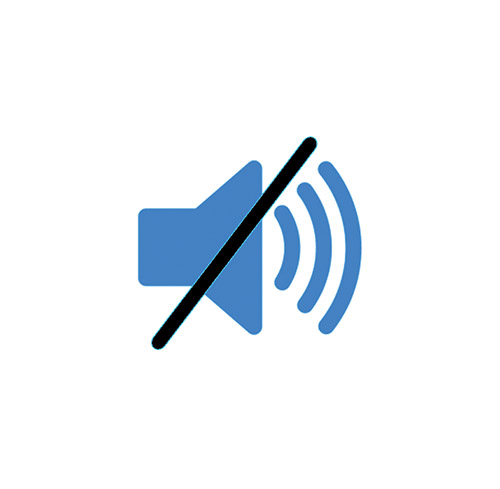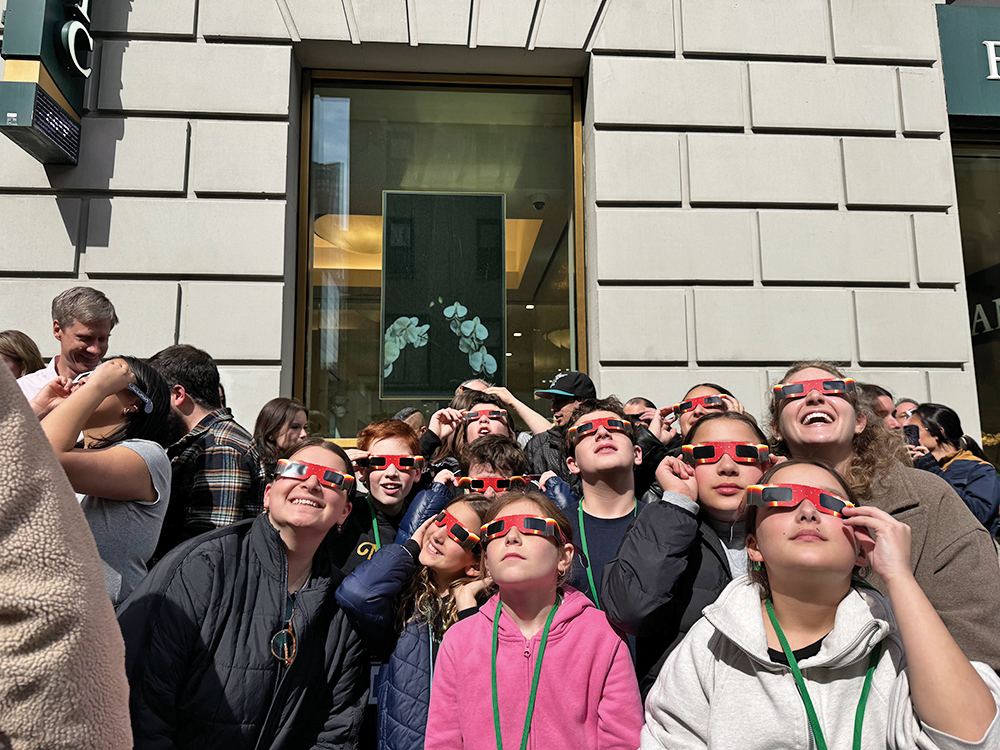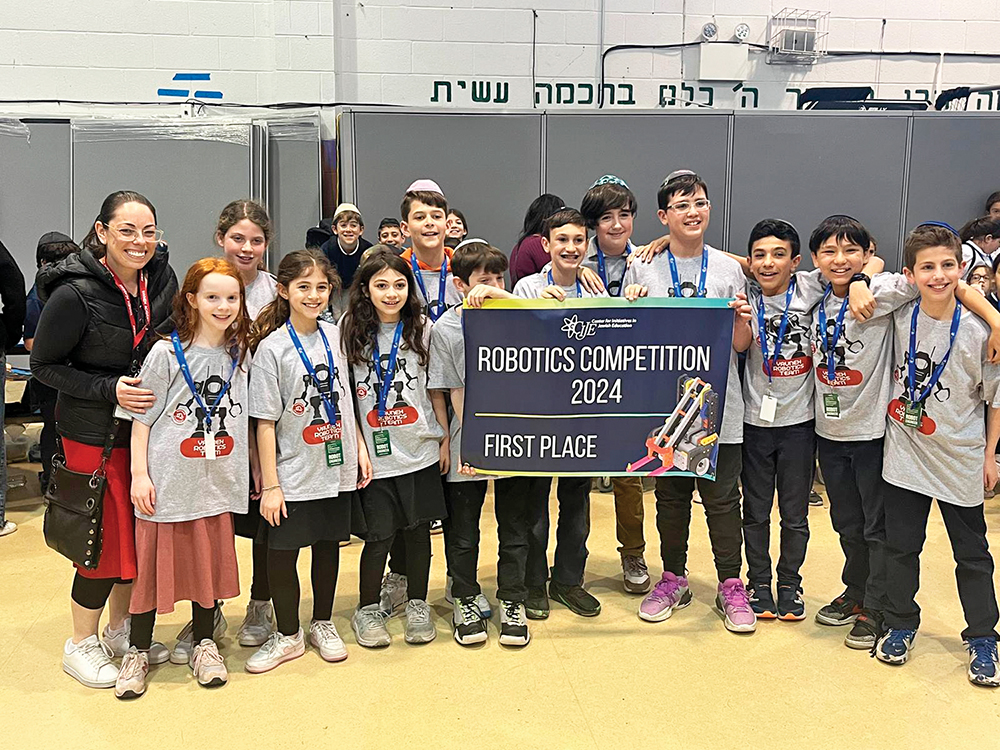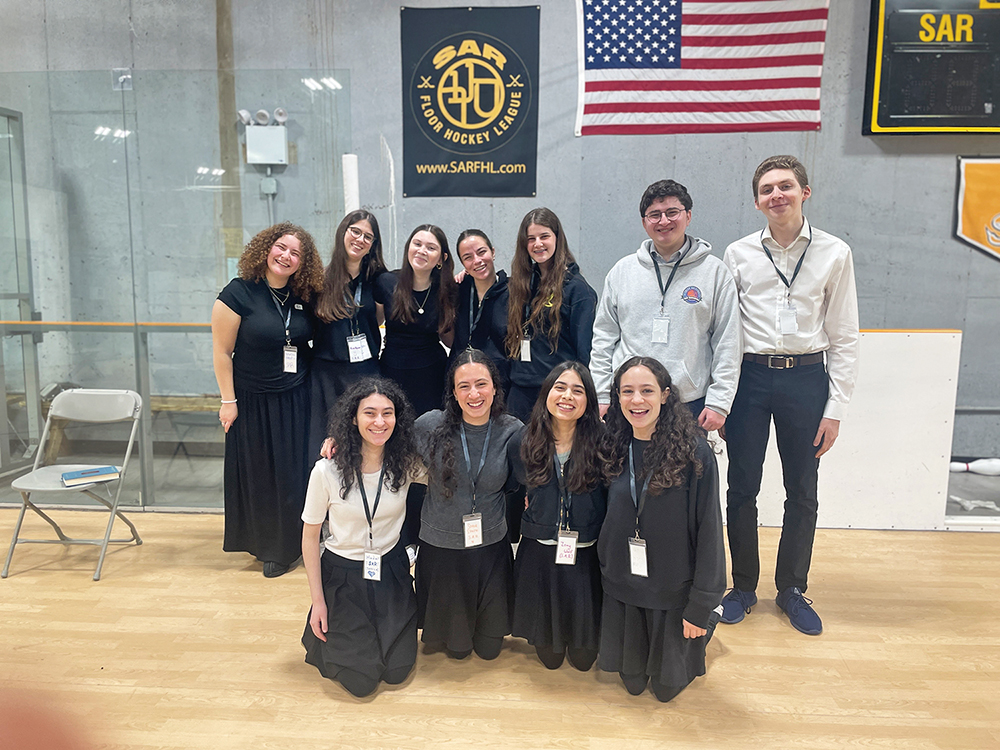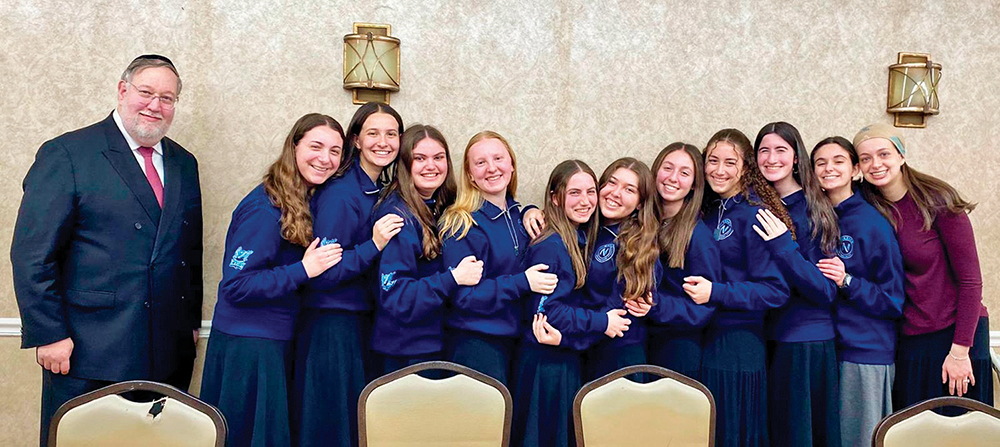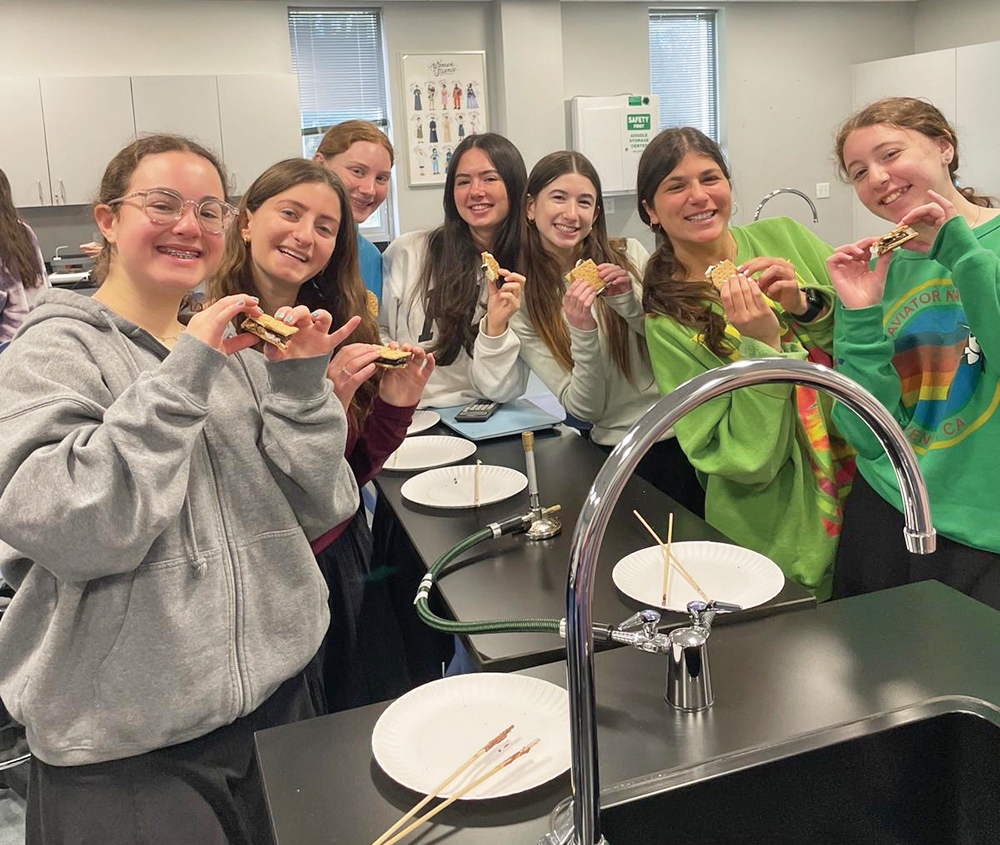
Last week I made an amazing discovery. It’s called the silent mode on my cell phone. No ringing for incoming phone calls, no vibrating noises for new emails, no pinging for new texts or WhatsApp messages. I tried it out for an hour while I was studying with my chavrusa. Not surprisingly, my focus and concentration were phenomenal! I did check afterward, and absolutely nothing urgent had transpired. This refreshing revelation made me calmer and more accomplished each subsequent time I employed “cell silence.”
I call ours the “not-enough-time generation.” We perceive ourselves to be ever so busy. The Bnei Yisrael in Egypt experienced this phenomenon also, but in their case it wasn’t mere perception.
There’s a huge anomaly in this parsha. The verse says “Vlo shamu el Moshe mikotzer ruach umei’avoda kasha” (Va’eira 6:9). They did not listen to Moshe’s message—that Hashem will take them out of Egypt—due to shortness of breath and from the hard work. This is quite puzzling, for the Bnei Yisrael had cried out to Hashem to save them and the Torah says Hashem heard their cries. Moshe conveyed the answer to their plea. If they didn’t believe Hashem would save them, why did they pray to Him in the first place?
Further, when Hashem told Moshe to go again to Pharaoh to ask him to send the Jews out, Moshe responded that the Bnei Yisrael did not listen to him, so why would Pharaoh be any different? But the logic here seems flawed. The Bnei Yisrael did not listen to Moshe because of kotzer ruach and avoda kasha—but Pharaoh wasn’t short of breath or burdened by hard work, so why the comparison?!
All the commentators are extremely bothered by this very question. I would like to suggest a solution. First, let’s look at the Jewish source of their rejection of the message. Kotzer ruach literally means shortness of breath. Avoda kasha means hard labor. Isn’t it really one reason, i.e., hard work made them short of breath? And if so, the order should be reversed—hard work first and then shortness of breath. But the Maharal explains that kotzer ruach refers to emotional pressure—just thinking about the bricks quota. Avoda kasha refers to the actual hard labor.
Perhaps we can now understand the logic of Moshe’s comparison of the Jewish people’s rejection of Hashem’s message to the way Pharaoh would react
The Ohr Hachaim Hakadosh says the Bnei Yisrael should have listened to Moshe because they believed in Hashem and they would be freed, which they desired! Pharaoh, on the contrary, had strong reasons not to listen to Moshe: he did not believe in Hashem and he did not want the Bnei Yisrael to go free. The logic is clearer now: the Bnei Yisrael were held back from believing Moshe’s message from Hashem because of the pressure they were under—which could be overcome. Pharaoh, on the other hand, resisted because he had a huge amount at stake!
For the Bnei Yisrael, it was monumental pressure. Their minds and souls were wound too tightly to listen to anything. For Pharaoh, Moshe represented an existential threat to his throne—Mitzrayim was one big prison for the Jewish people and it had to stay that way.
Today, we are also plagued with our modern, high- tech version of pressure and tension. We feel compelled to access and connect to anyone and anything potentially affecting us, 24/7. This drive is so demanding that it sometimes paralyzes and immobilizes us. This is our kotzer ruach and avoda kasha: the urge to answer the phone and connect regarding any and all current issues!
But there is a way out.
We need to build for ourselves pockets of free time—free of this plague. A few years ago, a student of mine told me that when he goes inside a shul for Mincha, he leaves his phone in his car. “I can’t answer the phone anyway, so why bring it in?” he told me. Since then, I started to leave my phone outside of shul also. It’s up to me—up to all of us—to unequivocally create times when it’s just us and Hashem; the world can wait.
We fortunately have “silent times” built into our schedules with Shabbos every week. It’s a breath of fresh air. But we need some of that air each day. When we daven, study Torah and spend time with our spouses and children, let it be a time free of outside pressures, when we are connected only to individuals and spiritual matters that truly matter in our lives.
By Rabbi Baruch Bodenheim
Rabbi Baruch Bodenheim is the associate rosh yeshiva of Passaic Torah Institute (PTI)/Yeshiva Ner Boruch. PTI has attracted people from all over northern New Jersey, including Teaneck, Bergenfield, Paramus, Rockaway and Fair Lawn. He initiated and continues to lead a multi-level Gemara learning program. Recently he has spread out beyond PTI to begin a weekly beis midrash program with in-depth chavrusa learning in Livingston and Springfield. This year he joined Heichal Hatorah in Teaneck as a Gemara iyun rebbe. His email is [email protected].


